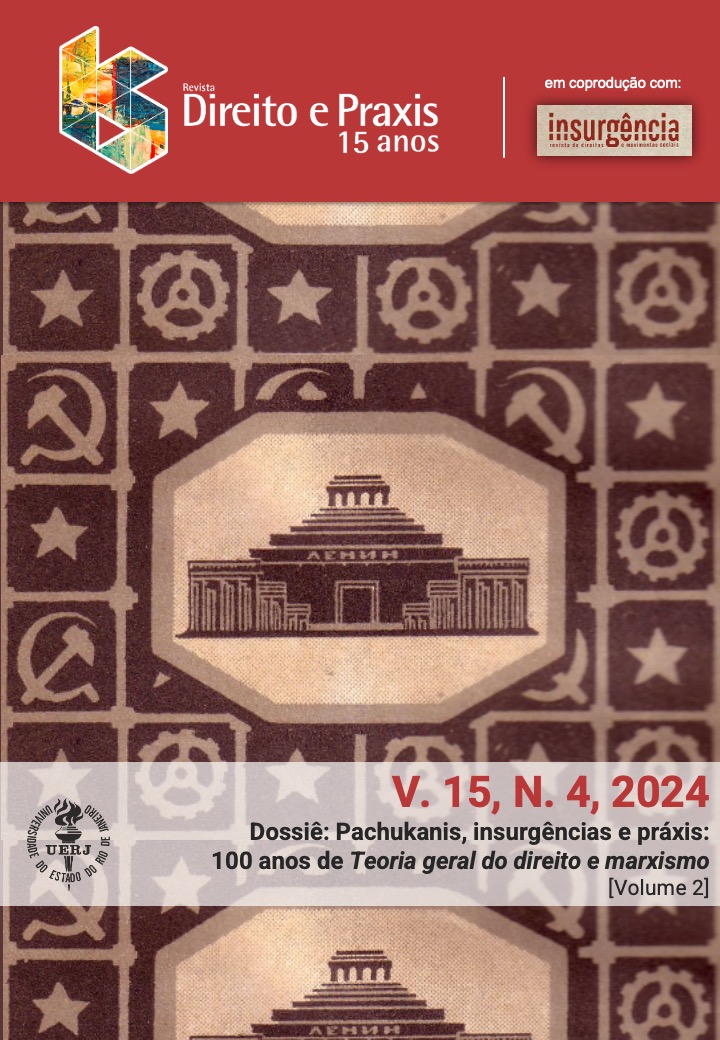Law and Literature
Advocacy of Existences in Franz Kafka's “The Verdict”
Keywords:
Law, Literature, Kafka, Minimal existences, Advocacy for existencesAbstract
https://doi.org/10.1590/2179-8966/2024/84274
Within Kafka's body of work, The Verdict is considered the turning point for the author's own unique and singular artistic production. In his letters and diaries, the writer describes the completion of the text as an event marked by joy, ecstasy, and a torrential sensation linked to visceral and bodily impressions. In this article, we intend to address this tangle of impressions and the writing process of The Verdict itself as a process linked to the conquest of a new existence. To reach this conclusion, we propose a theoretical journey that unfolds in three distinct analyses: a) the reading of The Verdict carried out by George Bataille, based on the relationship between pure transgression and sovereign refusal; b) the reading of the same text conducted by Deleuze and Guattari, critically including it in the broader development of Kafka's writing (letters, novellas, novels); c) finally, our proposal to establish a relationship between The Verdict and the concept of advocacy for minor existences, inspired by the recent work of David Lapoujade.
Keywords: Law; Literature; Kafka; Minimal existences; Advocacy for existences
Downloads
Downloads
Published
How to Cite
Issue
Section
License
Copyright (c) 2024 Alexandre Fabiano Mendes (Autor/a)

This work is licensed under a Creative Commons Attribution 4.0 International License.
The authors the sole responsibility for their texts.
It is allowed the total or partial reproduction of the articles of the Journal Law and Praxis, if the author is mentioned.
This work is licensed under a Creative Commons Attribution-Noncommercial-Share Alike 4.0 Unported License.
This license allows you to copy and redistribute the material in any medium or format for any purpose, even commercial, provided the original authorship is cited.
This work is licensed under a Creative Commons Attribution 4.0 International License.



